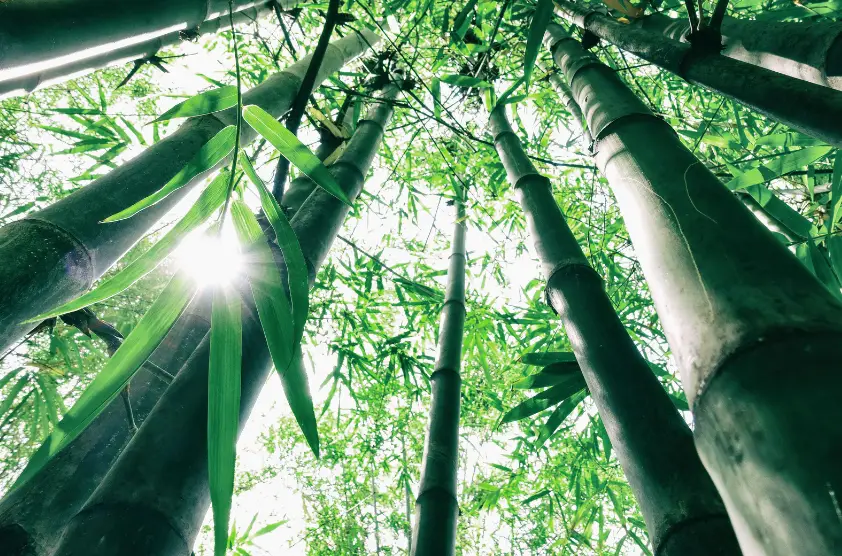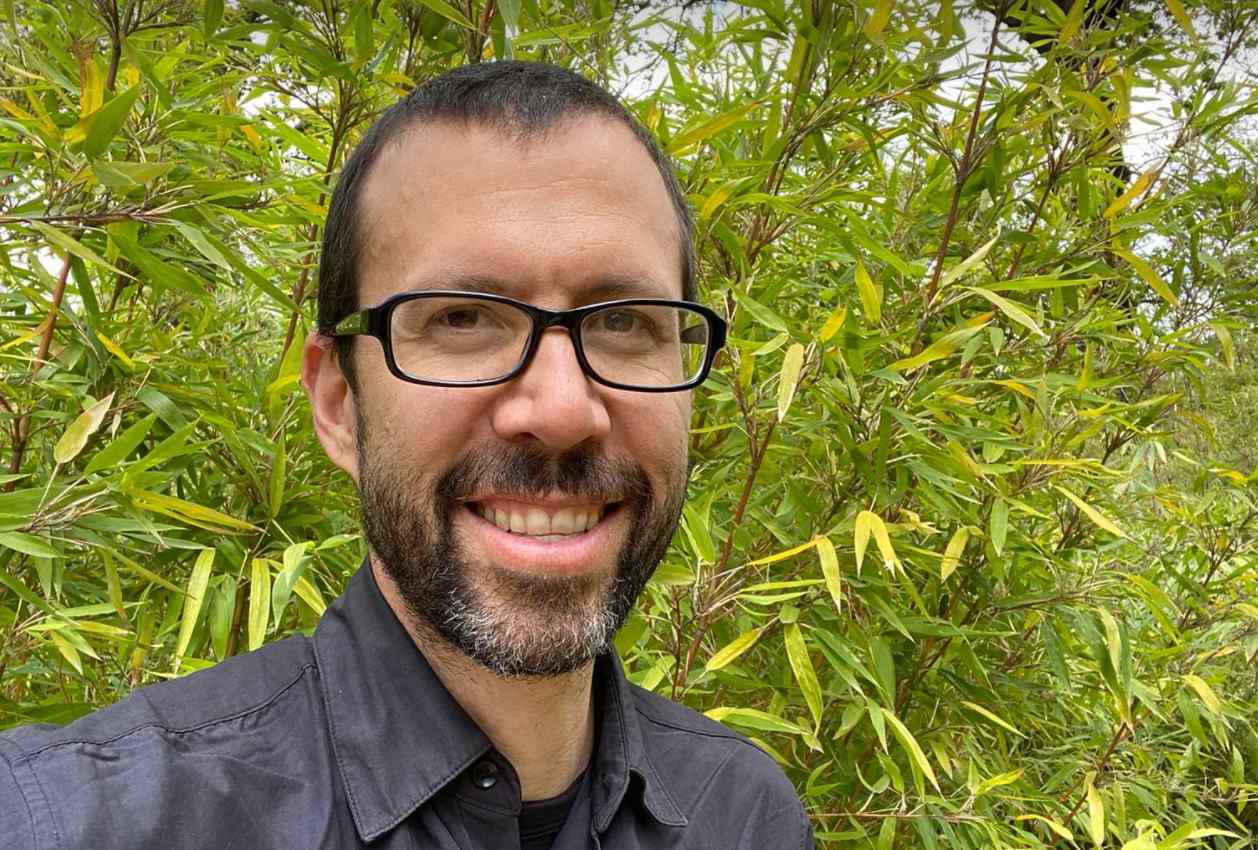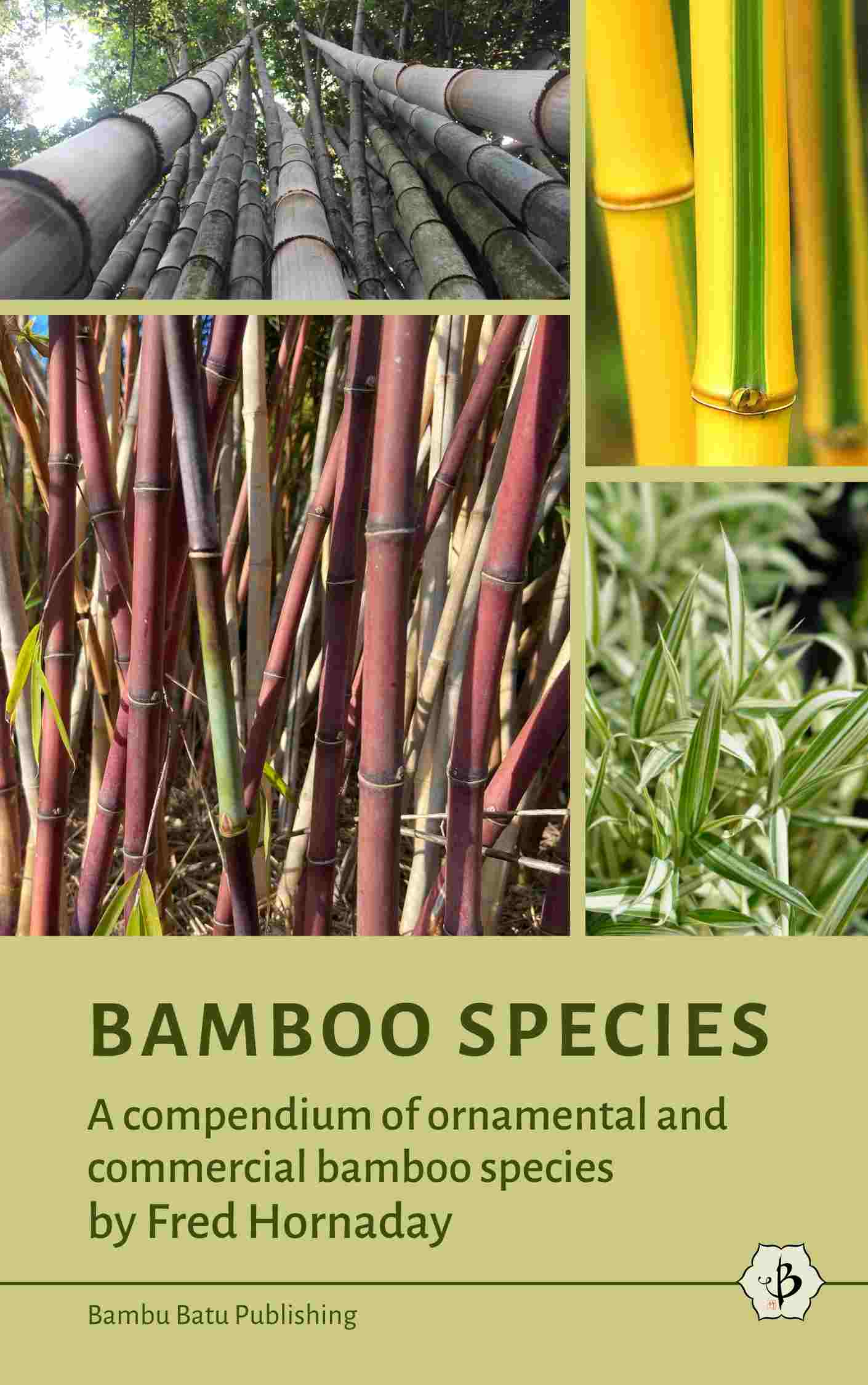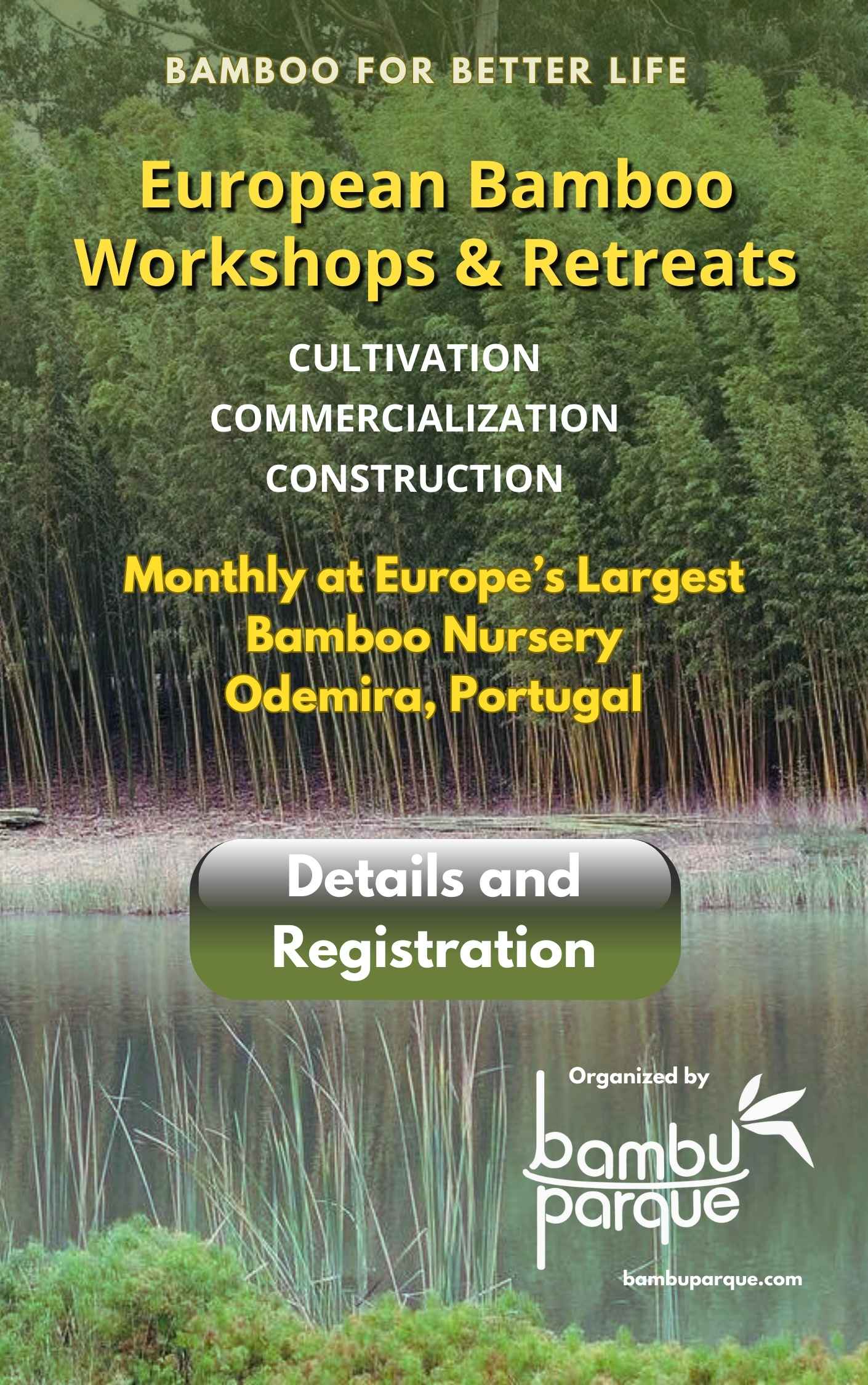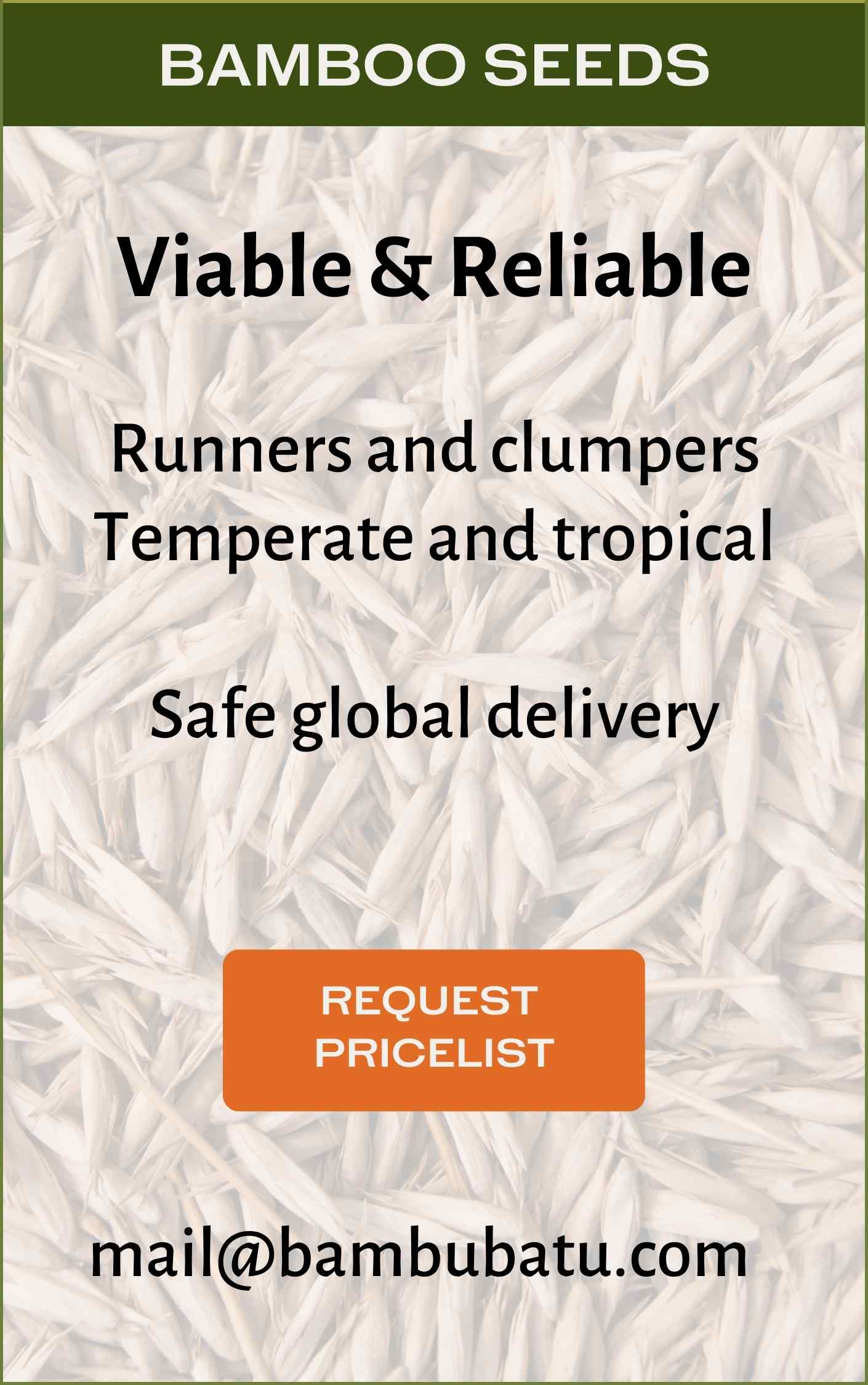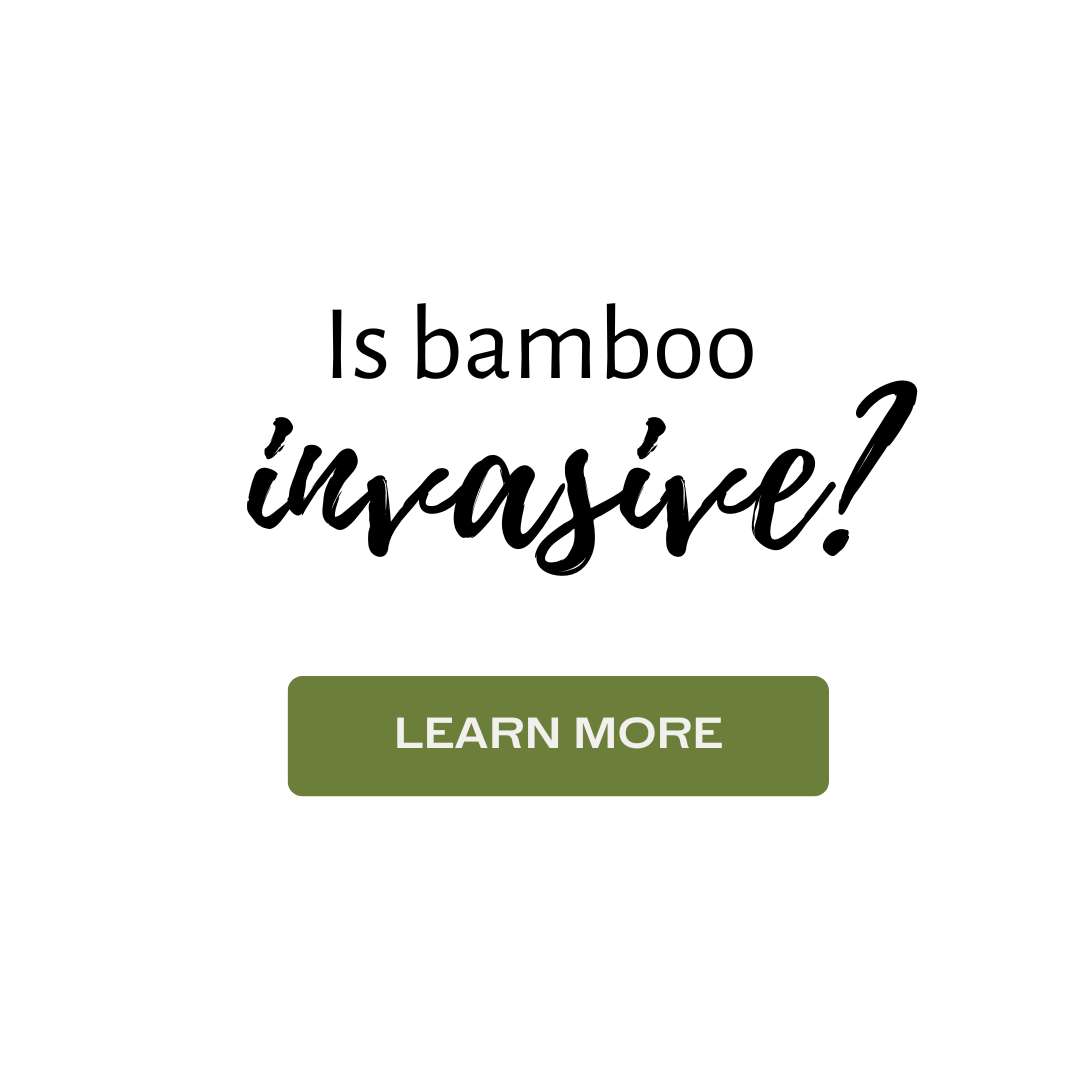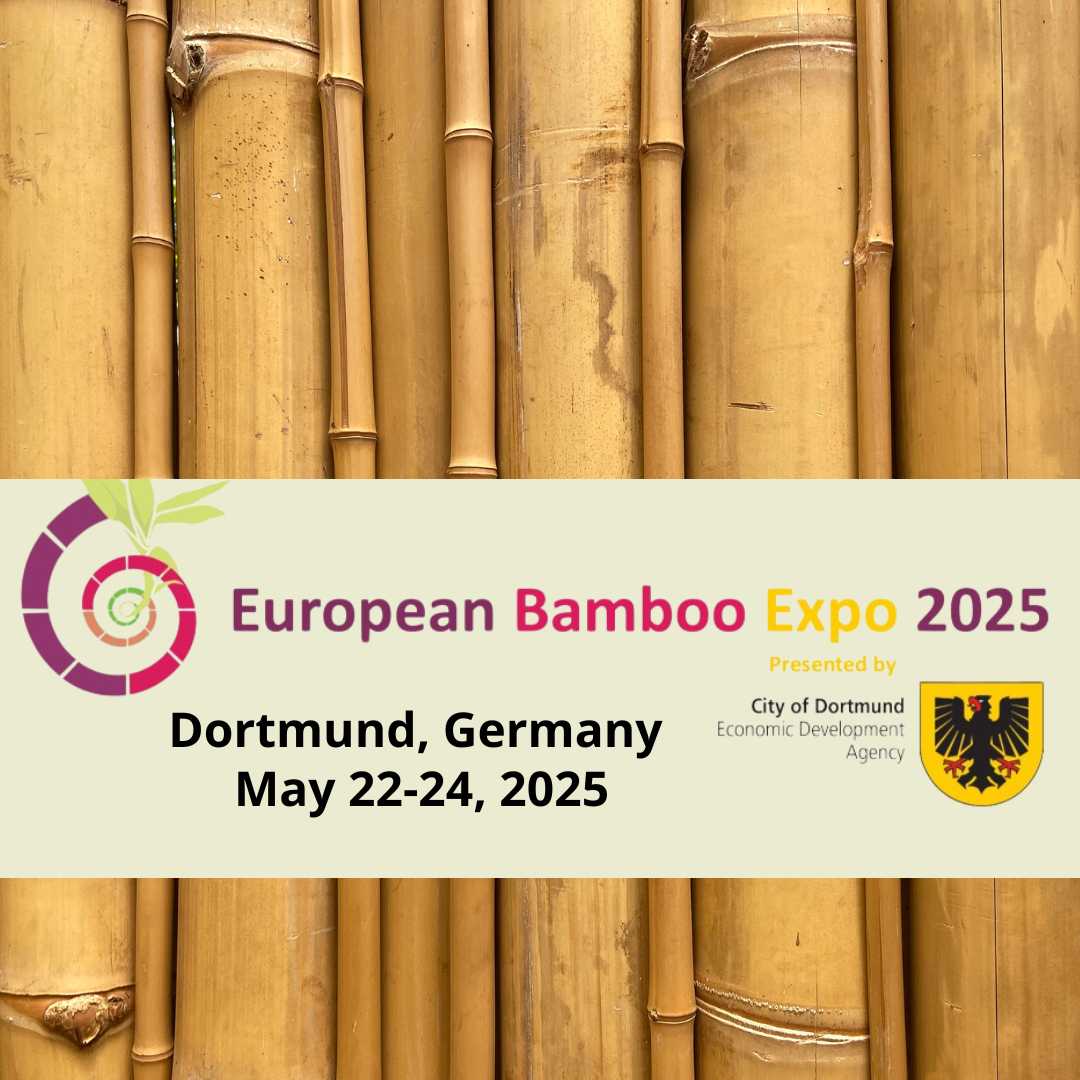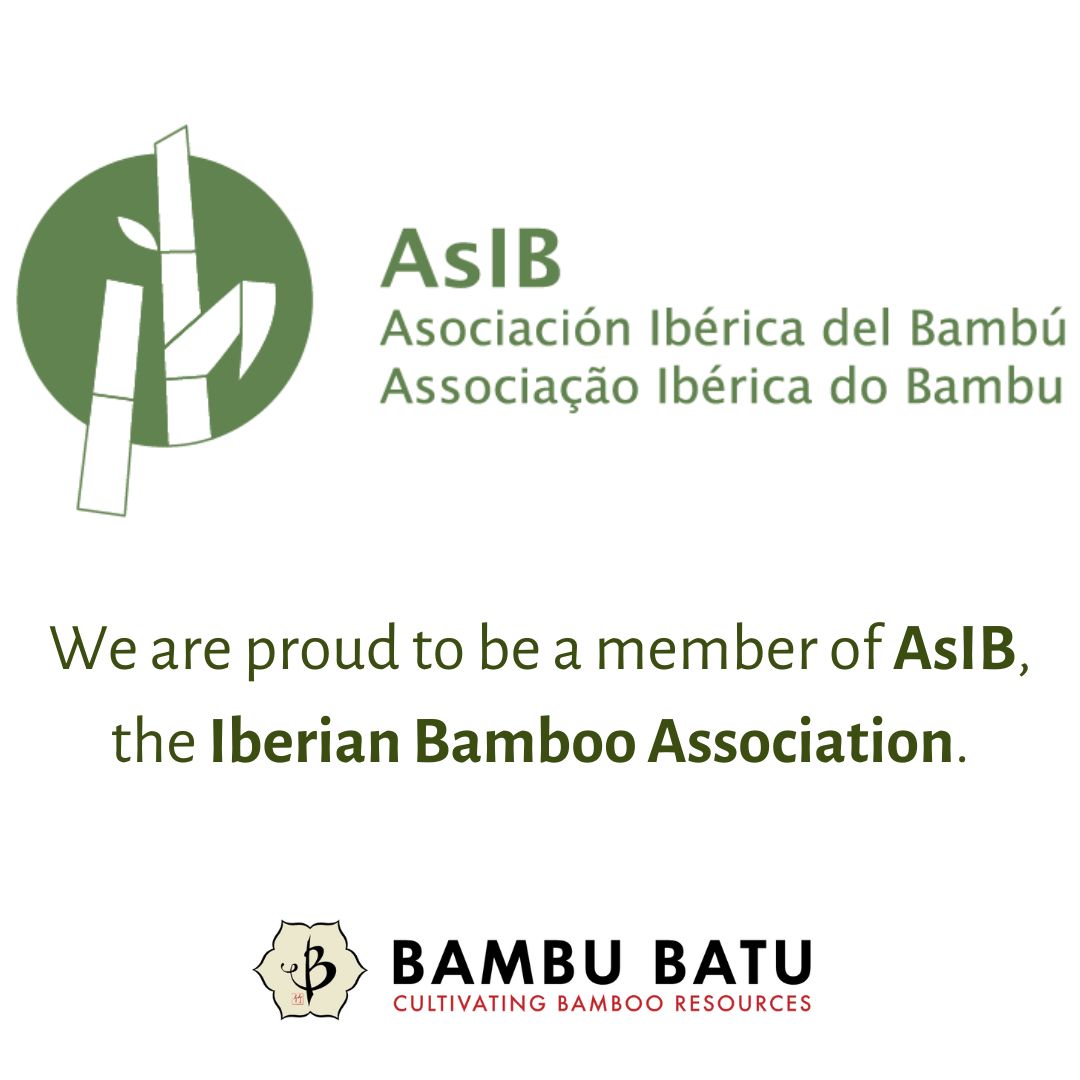These days it’s almost impossible to scroll through the headlines without being assaulted by more bad news about Climate Change and environmental devastation. From islands of garbage to supernatural storm systems, we can see and feel the calamities all around us. But once in a while, there’s a whiff of hope on the horizon, the promise of some real action or solution.
The world’s largest food and beverage company, Nestlé, has just announced a massive initiative to plant 2.5 million clumps of native bamboo and a million native trees in the island nation of the Philippines. In collaboration with One Tree Planted and EcoPlanet Bamboo, the ambitious commitment aims to address the catastrophic levels of deforestation that have plagued this tropical country over the past several decades.
Can Nestlé save the planet?
I probably never expected to hear myself utter this phrase. As an unapologetic Tree Hugger, I’ve long been aware of some of Nestlé’s less favorable business practices.
Some online pundits call Nestlé “the world’s most corrupt corporation.” Other media outlets refer to them as “one of the most hated companies in the world.” Legions of critics have linked the multinational supergiant to such practices as human trafficking, child slavery, union-busting, price-fixing, and stealing drinking water from public aquifers.
For years, Nestlé has been striving to bolster its reputation and brand itself as an eco-friendly enterprise. In 2008, they went so far as to claim that, “Bottled water is the most environmentally responsible consumer product in the world.”
Coming correct with a checkered past
Anyone who could swallow that line about bottled water is probably suffering from dehydration, or worse. The majority of those plastic bottles never reach a recycling plant, but end up in landfills or waterways instead.
Talk is cheap, but this time, Nestlé appears to be putting its money where its mouth is. Call it a PR stunt if you like, or a greenwashing campaign. But at the end of the day, within three years that is, the forests of the Philippines should have 3.5 million more trees and bamboo plants.
Whether their Board of Directors has undergone a change of heart, or they’re simply shooting to recast their tarnished image in the eyes of consumers, it’s hard to say. Indeed, new generations of consumers are more skeptical and better informed than ever before. Consequently, corporations are recognizing the increasing need to display authenticity and take a stand on divisive issues.
And this time, Nestlé has chosen the side of good.
Nestlé partners with EcoPlanet Bamboo and One Tree Planted
Nestlé may not specialize in philanthropy or eco-stewardship, but for this reforestation project, they knew enough to recruit the right people for their team. With EcoPlanet Bamboo and One Tree Planted, they couldn’t have chosen better allies.
One Tree Planted
One Tree Planted is a non-profit organization focused on global reforestation. In the interest of healing the lungs of the planet, One Tree Planted aims to make it easy for any individual or organization to put more trees into the ground.

With their “One Dollar One Tree” program, they pledge to plant one tree for each and every dollar donated. Anyone who shops for eco-conscious products has probably seen the One Tree Planted logo or slogan, indicating that the business donates a certain portion of its profits to this charity.
Interested parties can donate money or contribute their time, as One Tree Planted coordinates projects through its intercontinental network. Since its founding in 2014, the organization planted more than 30 million trees in over 40 countries.
EcoPlanet Bamboo
EcoPlanet Bamboo is a for-profit business with a triple bottom line business model, specializing in cultivating bamboo for industrial use. Committed to farming bamboo in the most sustainable way possible, they only establish plantations on highly degraded land, never displacing local, native habitats.
Especially active in Central America and Africa, EcoPlanet Bamboo has extensive plantations in Nicaragua, Ghana, and Southern Africa. The company also has interests in Southeast Asia, which will be expanding dramatically following the partnership with Nestlé in the Philippines.
Unlike the Chinese bamboo industry, which relies almost exclusively on Moso bamboo (Phyllostachys edulis), a giant running bamboo, EcoPlanet favors tropical, clumping bamboo species, like Guadua, Dendrocalamus, and Bambusa, which thrive in the equatorial regions.
Nestlé and bamboo in the Philippines
Nestlé has a few good reasons for choosing the Philippines as the site of this tremendous reforestation project.
In 1900, when the U.S. overtook what had previously been a Spanish colony, the Philippine landscape consisted of roughly 70 percent native forests. A century later, that number had fallen to about 18 percent. Overlogging and illegal logging are chiefly to blame. Tropical forests like these are a natural treasure, home to some of the richest biodiversity on earth.
Furthermore, Nestlé sources the coffee beans for its Nescafé brand here on Mindanao, the second-largest island of the Philippine archipelago. By reinvesting in the native forestry, Nestlé is showing concern for the long-term sustainability of its plantations and strengthening its ties with the local population.
Dozens of varieties of bamboo are native to the Philippines, including about 20 endemic species that grow nowhere else. They are fundamental to the region’s biodiversity. Among other benefits, bamboo is an excellent pioneer crop that can establish quickly in degraded soil where other plants would have difficulty. And bamboo also has great economic potential, providing the local community with farming opportunities that are both profitable and sustainable.
Conclusions: Nestlé, bamboo, and reforestation
By partnering with bamboo experts like EcoPlanet, Nestlé can ensure that their reforestation efforts will be conducted in the most effective and ecologically responsible manner. EcoPlanet Planet will play a key role in selecting the appropriate mix of native bamboo species and identifying the best areas for planting.
Ultimately, this collaborative venture will set an example of what’s possible when multinational corporations assume some responsibility for their activities and make a concerted effort to offset their environmental impact. For the sake of our future and our children, let’s hope that more corporations take note and follow suit.
Related reading
If like me, you’re passionate about bamboo and its promising potential to alleviate both the causes and symptoms of Climate Change, you might also enjoy some of these other articles about the virtues of this miracle grass.

